Side Effects Of Drinking Hot Water: 2 Hidden Dangers & Tips
Yes, drinking hot water may not be as great for you as it is made out to be!

Image: Shutterstock
The side effects of drinking hot water may make you think twice about using it. Water is a necessity to prevent dehydration and related health issues. You can drink chilled or warm water as an alternative to room temperature water.
Unfortunately, drinking hot water does not appear to be very beneficial from a scientific standpoint. It can lead to serious health issues.
This article explains why drinking hot water may be harmful and how to avoid it. Read on.
 Know The Flip Side: Hot Water
Know The Flip Side: Hot WaterShort-Term Effects
May result in injury of the inner lining of the mouth.
Long-Term Effects
May cause laryngopharynx edema and damage to the skin tissue.
Drug Interactions
None.
When To See A Doctor
If you experience third-degree burns from coming in contact with hot water, or if you experience difficulty in swallowing and sores in your mouth.
In This Article
What Are The Side Effects Of Drinking Hot Water?
You must have heard that there are several benefits of drinking hot water, such as better bowel movements, relief for a sore throat, weight loss, etc. While they can be true to an extent, this practice comes with some side effects too. Read on to know them.
1. Hot Water Can Scald

Drinking hot water can cause internal scalding. Barbara Kovalenko, Nutrition Consultant, says, “Consuming hot liquids, including hot water, can potentially cause injury to the internal linings of the mouth, throat, and esophagus, especially if the water is excessively hot. It is recommended to drink hot water at a temperature that is comfortable to the touch and not scalding.”
In one case, a 61-year-old man who drank hot water (estimated at 90o C) experienced laryngopharynx edema. This blocked a part of his respiratory tract, and his breathing deteriorated (1).
Laryngeal burning injuries can occur with the consumption of excessive hot foods, including hot water. The corresponding edema peaks within 6 to 24 hours after the injury.
When hot liquids (like hot water) come in contact with the skin, the cells are damaged by the heat, which causes skin irritation. Extreme heat can also cause extensive damage to the tissue (2). In older people, excessively hot water tubs can lower blood pressure, causing dizziness, fainting, or headaches.
If the water is boiling or simmering, it can even cause third-degree burns. These can destroy the entire depth of the skin if the water spills over you. It may cause further damage internally (2).
 Quick Tip
Quick Tip2. May Have More Contaminants

There is little research on this aspect. But hot tap water might contain contaminants. Hot water systems like boilers or tanks have metallic parts. These can corrode and contaminate the water they contain. Hot water can dissolve these contaminants faster than cold water.
Though using hot water from a water filter could be a safer option, there is risk involved. Hot water dissolves the internal material much faster than cold water. This can cause a stomach upset and other problems in the long run.
 Quick Tip
Quick TipDrinking hot water can cause unexpected harm – all of which is physical. After learning about the disadvantages of drinking boiled water, let’s look at what precautions one needs to take.
Key Takeaways
- Excess consumption of hot water may cause laryngeal burns.
- Hot water contains metals that may cause issues in the long run.
- Keep your finger away from the steam coming off the boiling water.
- Always let the boiling water cool down before drinking it.
What Precautions Should You Take?
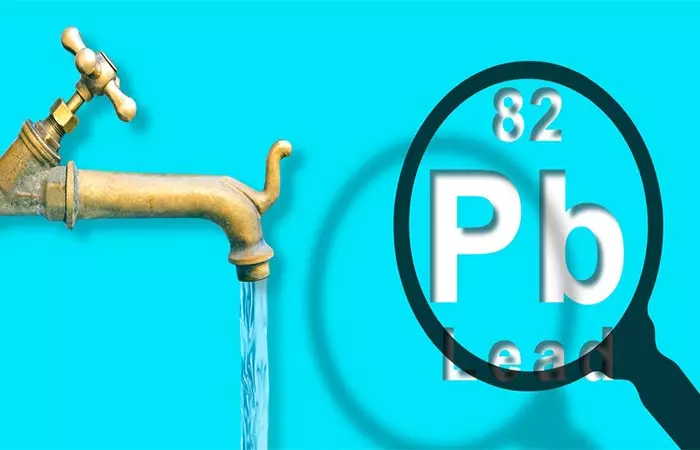
- First, do not boil the water. There is no need to do this. You will end up waiting for a long before it cools down, and you can drink it. Boiling can also alter the taste of the water.
- Instead, you can warm water in a pot. Once you see steam coming off the water, you know it is at the right temperature. You can also use a tea kettle for this purpose.
- Keep your skin away from the steam. Hot steam can cause a thermal burn.
- Pour the water into a mug or teacup. Remember to pour the water away, and not towards you. Hold the kettle with a thick towel for added protection.
- Remember not to overfill the mug. The water may overflow and cause burns.
- Wait for the water to cool down a bit before you can drink it.
- Do not use your finger to check the temperature. Your finger can withstand higher temperatures than your mouth. Wait for a while and start with a slow sip.
- If the temperature is bearable, you can continue sipping. If not, wait for a while. Sudden changes in temperature, too hot or too cold, can cause tooth enamel erosion (3).
- When you drink water that is too hot, there is a wide temperature difference between the digestive tract and the stomach. This can irritate the gastric mucosa causing nausea, vomiting, or diarrhea.
- You might have observed that you sweat more when you drink hot water, especially during exercise. This can cause an electrolyte imbalance (4).
Infographic: Why You Should Avoid Drinking Hot Water
In spite of its effectiveness as a home remedy, hot water has its own set of challenges. The definition of “hot” is hazy, as the ideal water temperature varies from individual to individual. Your body cannot cope with the resulting consequences should you drink water that is too hot.
Check out the infographic below to learn more about the adverse effects of hot drinking water and what you can do to avoid them.
Some thing wrong with infographic shortcode. please verify shortcode syntaxHot water is preferred in winter and rainy seasons, as it offers relief from the cold. It is also beneficial in alleviating pain caused due to kidney damage. But the side effects of drinking hot water should also be considered. While internal scalding is one of the major side effects of drinking hot water, it also leads to laryngopharynx edema and respiratory tract blockage. Furthermore, hot tap water may contain high amounts of contaminants, which may exert a negative effect on health. However, steaming the water in a pot instead of boiling it and sipping it after it cools down can help reduce the risk of side effects.
Frequently Asked Questions
What is the ideal temperature for drinking hot water?
The ideal temperature for drinking hot water is around 50-60°C (122-140°F). It is hot enough to be helpful, but not so hot that it will burn you.
Is drinking hot water cause an imbalance of water concentration in the body?
Kovalenko says, “Drinking hot water alone is unlikely to cause an imbalance of water concentration in the body, but excessive fluid intake of any temperature can dilute the electrolyte levels in the body, leading to an imbalance. It is important to maintain proper hydration and electrolyte balance by drinking a balanced amount of water and electrolyte-rich fluids.”
Is it okay to drink hot water before bed?
Yes, it is okay to drink hot water before bed. Just ensure it is warm and not scalding hot, or you may otherwise burn your throat.
Can hot water cause pimples?
There is no evidence suggesting that drinking hot or warm water causes pimples. However, showering or washing the face with hot water may strip the skin of its natural oils. This triggers the skin to overproduce sebum, possibly leading to pimples.
Some thing wrong with illustration image shortcode. please verify shortcode syntaxDrinking hot water can cause serious side effects, such as burns, dehydration, and even organ damage. Don’t take the risk – watch this video now and learn more!
References
Articles on StyleCraze are backed by verified information from peer-reviewed and academic research papers, reputed organizations, research institutions, and medical associations to ensure accuracy and relevance. Read our editorial policy to learn more.
- “An adult case of…” Acute Medicine & Surgery, US National Library of Medicine.
- “Thresholds for thermal damage to normal tissues: An update”, National Library of Medicine.
- Analysis of dental erosion induced by different beverages and validity of equipment for identifying early dental erosion, in vitro study
- The effect of water temperature and voluntary drinking on the post rehydration sweating
Read full bio of Jess Wharton
- Barbara Kovalenko is a nutritional consultant with 4 years of experience in nutrition and mindful eating coaching. She earned her bachelor's degree in nutrition from Bogomolets National Medical University, Ukraine and master's degree from Boston University, USA.
 Barbara Kovalenko is a nutritional consultant with 4 years of experience in nutrition and mindful eating coaching. She earned her bachelor's degree in nutrition from Bogomolets National Medical University, Ukraine and master's degree from Boston University, USA.
Barbara Kovalenko is a nutritional consultant with 4 years of experience in nutrition and mindful eating coaching. She earned her bachelor's degree in nutrition from Bogomolets National Medical University, Ukraine and master's degree from Boston University, USA.
Read full bio of Ravi Teja Tadimalla
Read full bio of Arshiya Syeda
Read full bio of Aparna Mallampalli







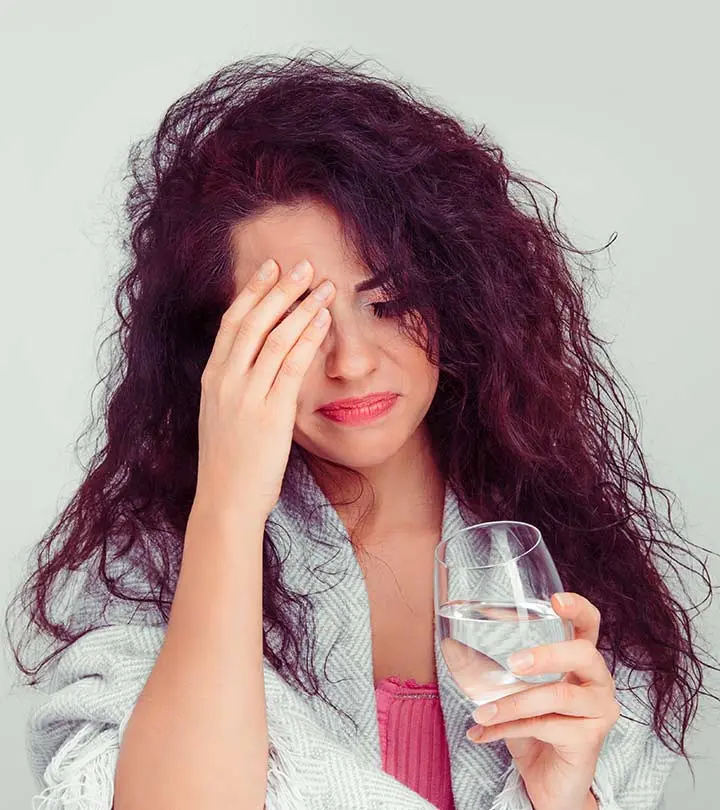
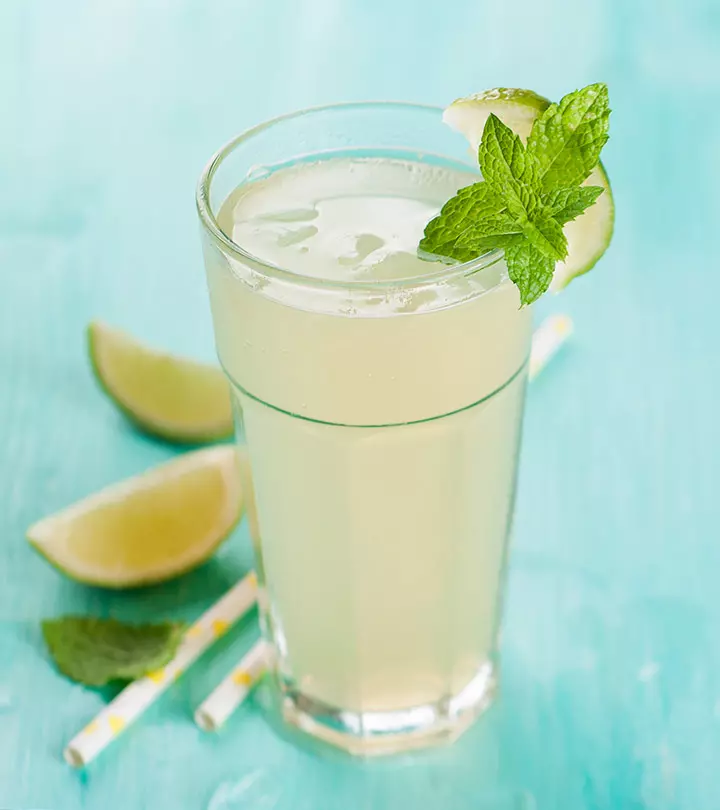


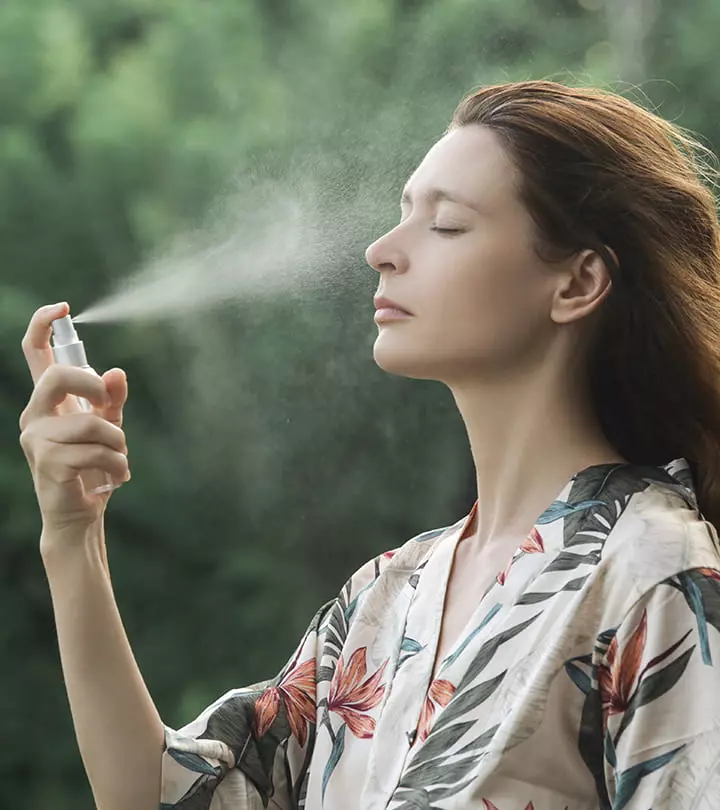

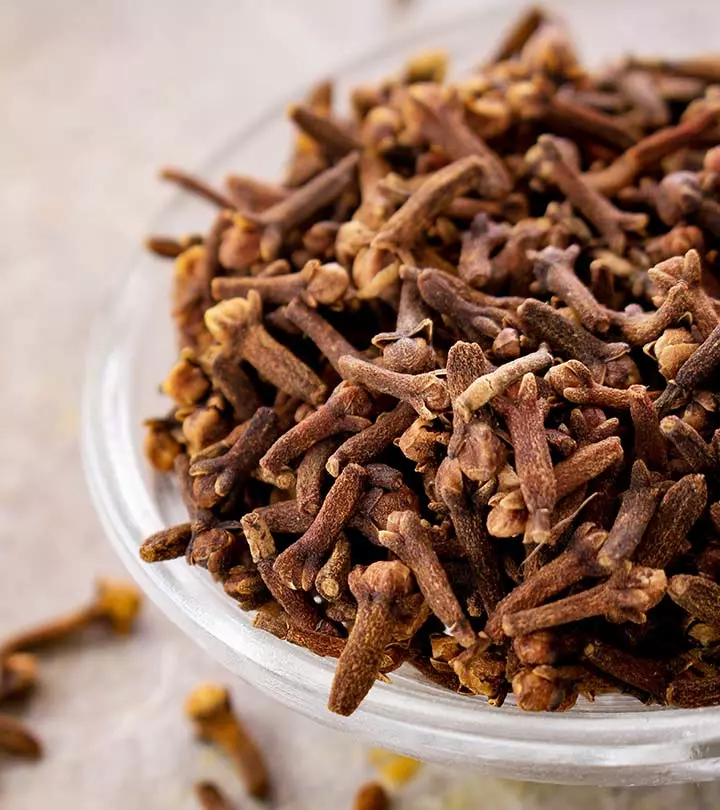

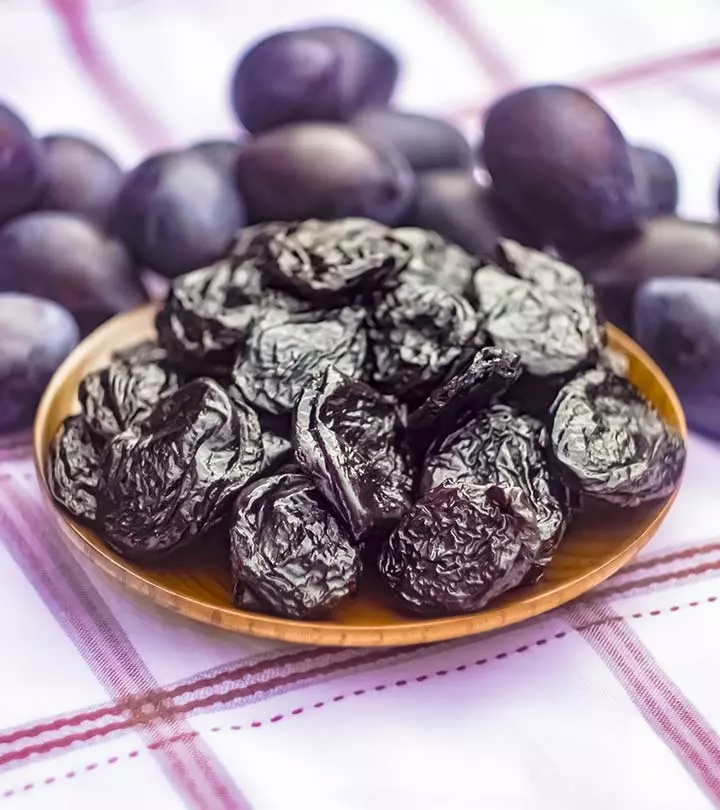
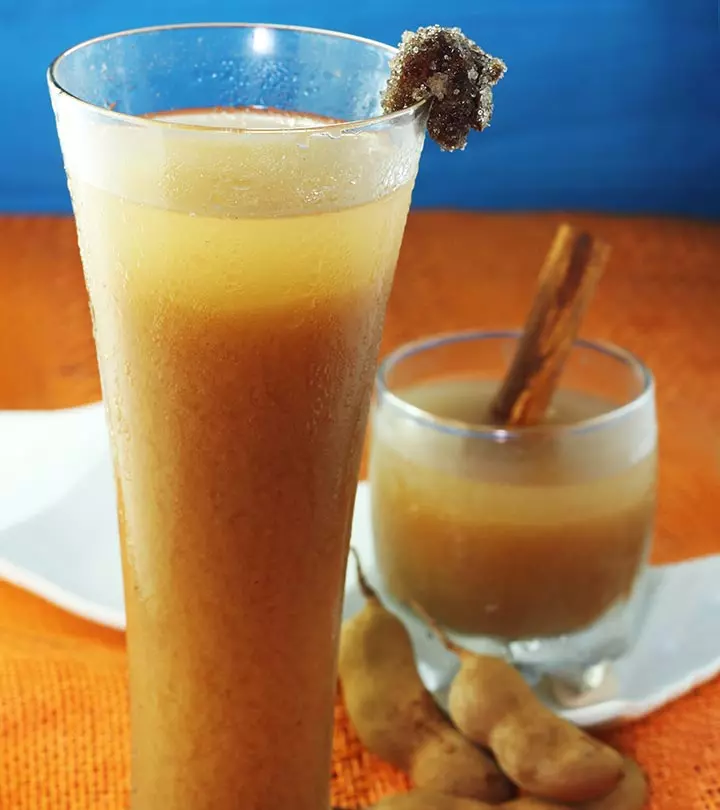


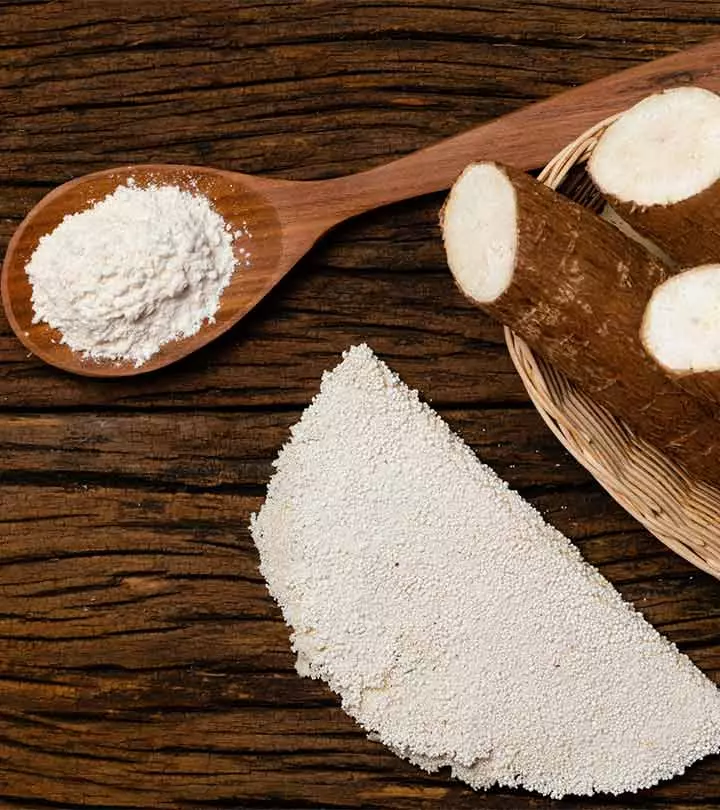


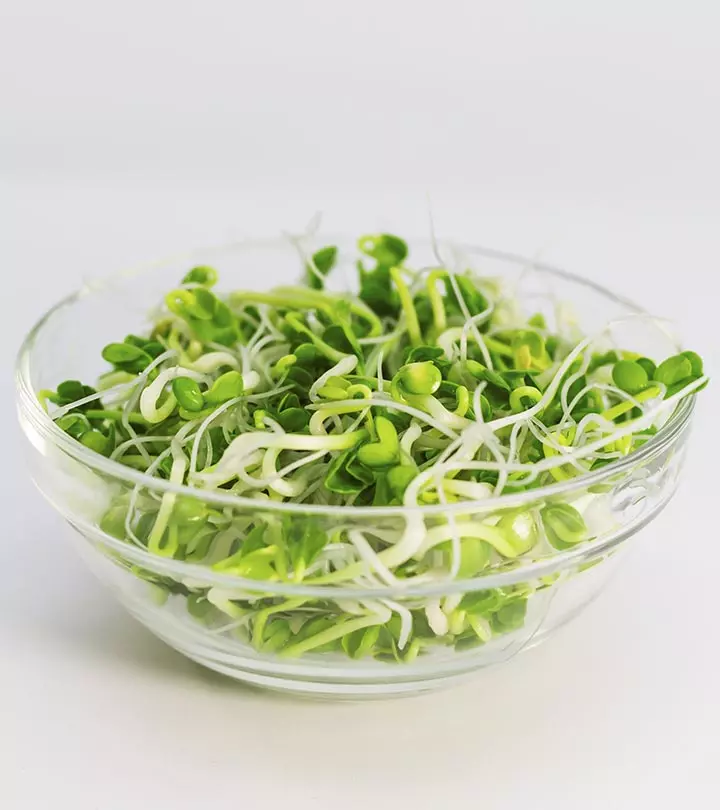





Community Experiences
Join the conversation and become a part of our empowering community! Share your stories, experiences, and insights to connect with other beauty, lifestyle, and health enthusiasts.